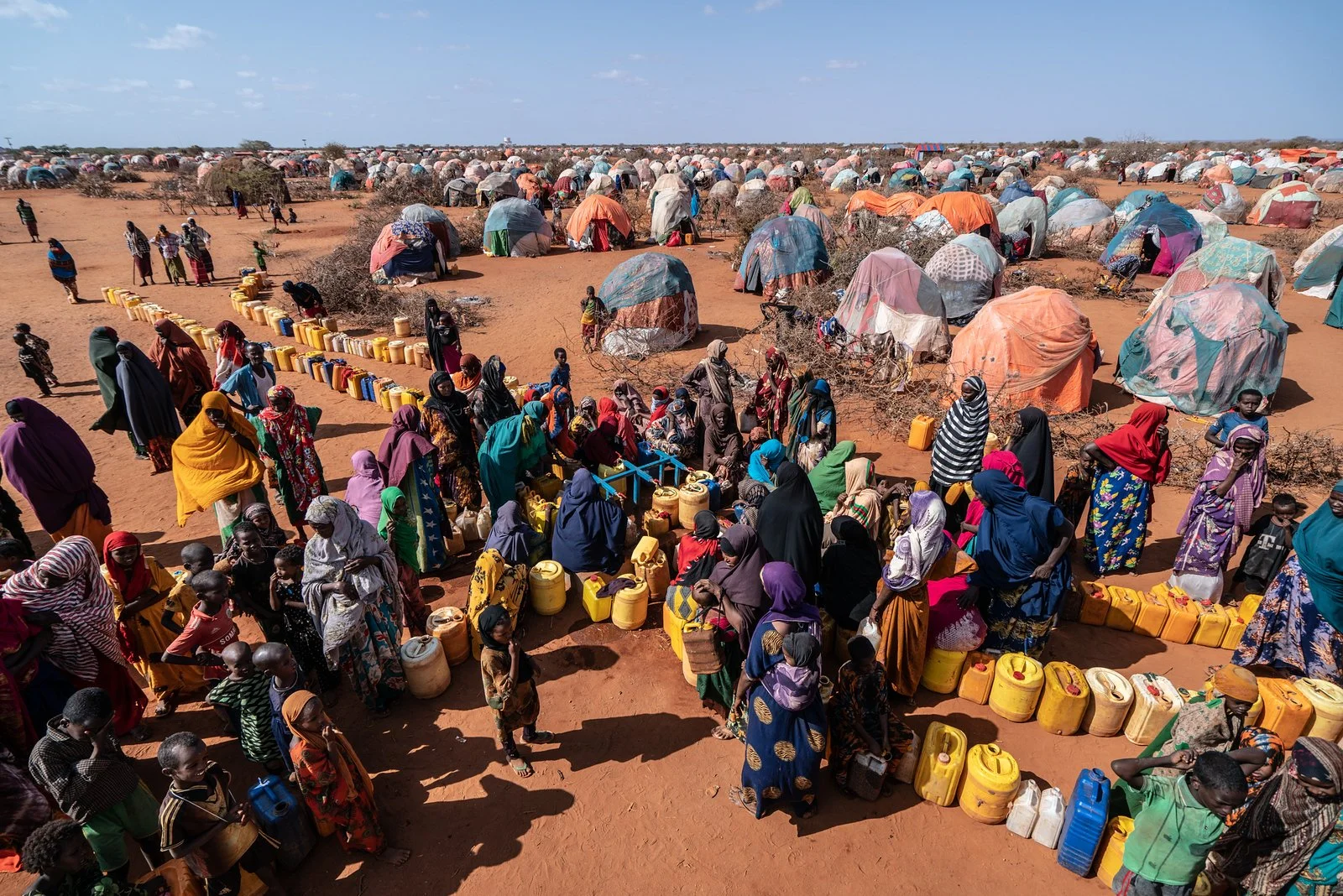Resilience outside the box: pathways to an inclusive response through research and dialogue in Somalia
Photo: Giles Clarke/OCHA
The humanitarian response in Somalia has been addressing needs caused by conflict, famine, and displacement for over three decades. Despite these efforts, our research shows that people feel trapped in an endless cycle of aid, unable to build their own resilience and imagine a future where they are not reliant on aid. Marginalised groups often face exclusion from aid due to clan dynamics, corruption, and gatekeeping. With support from FCDO, this three-year research project aims to explore the barriers and enablers to inclusive aid and resilience in Somalia, focusing on the voices and experiences of marginalised communities.
The objectives of this project are:
1. Understanding community perceptions: The project seeks to understand the perceptions and priorities of Somali communities, especially marginalised groups such as minorities, women, and people with disabilities, regarding humanitarian support, protection concerns, resilience-building efforts, and other topics of importance to them.
2. Addressing exclusion: The research will identify mechanisms of exclusion and barriers that prevent marginalised groups from accessing aid and claiming their rights. It will also explore opportunities for inclusion that could reduce protection risks and promote resilience.
3. Supporting humanitarian actors: The project will provide humanitarian actors with insight and recommendations to better design programmes that align with local community priorities and resilience strategies. This will be achieved through creating spaces for dialogue, facilitating discussions with diverse stakeholders, and continuous engagement with local communities.
4. Empowering local voices: The research will empower local communities, civil society organisations, activists, and researchers by involving them in the research process, providing them with tools for advocacy, and ensuring that their voices are heard in the humanitarian decision-making process.
The participatory methodology will place crisis-affected people, local researchers, and civil society at the centre of knowledge production. Using a co-design process involving community members from the very start and employing a mix of quantitative and qualitative methods, this project will ensure that research topics are relevant and accurately reflect community priorities.

